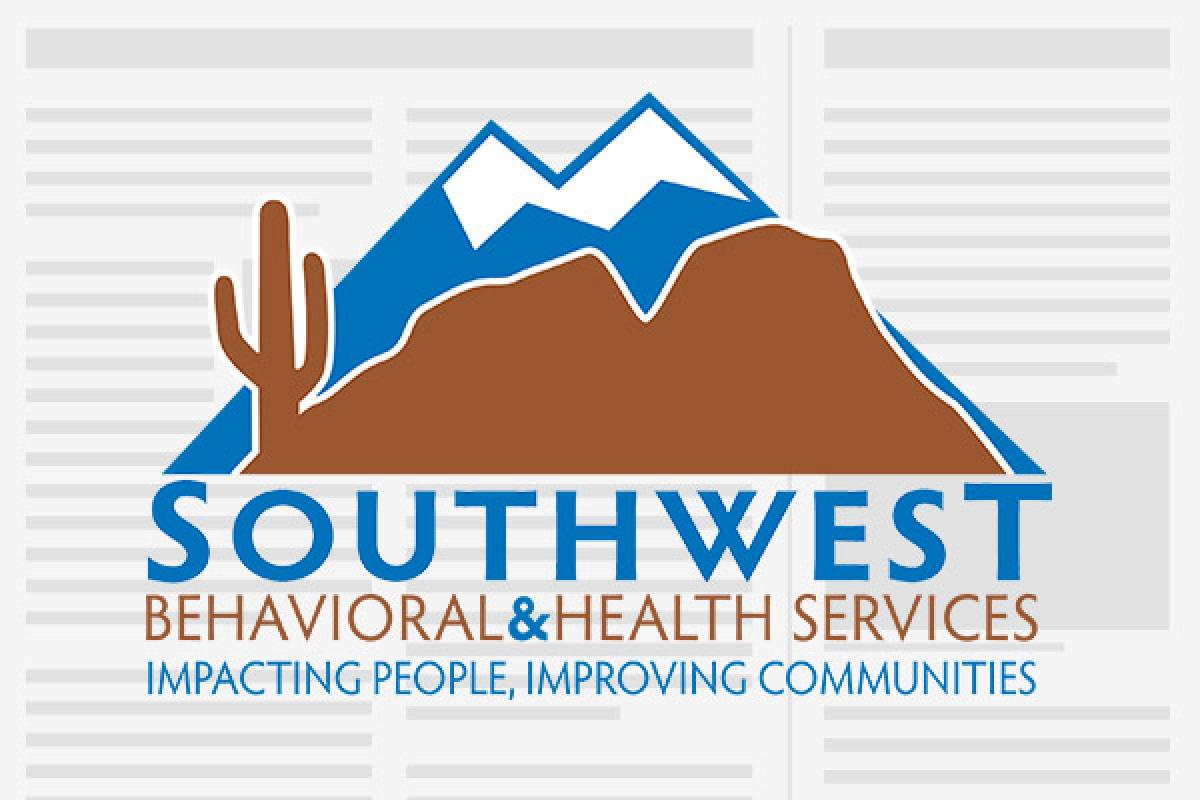
For teens, drugs and alcohol can be extremely easy to access. Parents must be aware that preventing substance use and abuse starts at home. Parents are the number one influence in a teen’s life. Therefore, it is important to guide your child by establishing clear rules about not using drugs, spending quality time with your teen, and not using tobacco or other drugs yourself.
One of the main reasons listed by youth that don’t use drugs or alcohol is their parent’s positive influences and the concern of disappointing their parents. Building a healthy parent-child relationship is vital to your child maintaining a healthy lifestyle and staying drug and alcohol free.
Here are six ways from the Partnership for Drug-Free Kids to strengthen the parent-child relationship as well as lower the chances your teen will engage in drugs, alcohol or other risky behaviors:
1. Build a Warm and Supportive Relationship with Your Teen: Teens who have a strong and caring relationship with their parents are less likely to experiment with drugs or alcohol.
2. Be A Good Role Model When It Comes to Drinking, Taking Medicine and Handling Stress: Research shows children are likely to model their parents healthy and unhealthy behaviors.
3. Know Your Child’s Risk Level: Research shows that some teens are more likely to develop substance abuse issues than other teens. Learn more about risk levels.
4. Know Your Child’s Friends: Friends can be extremely influential in a teen’s participation in risky behaviors. Therefore, parents must set the foundation for their teens to have healthy interaction with their friends.
5. Monitor, Supervise, & Set Boundaries: Research shows that when parents monitor, supervise and set boundaries, their teen is at a lowered risk for using drugs and alcohol.
6. Have Ongoing Conversations & Provide Information About Drugs & Alcohol: Have regular talks about drug and alcohol use, state your disapproval, and discuss the health and safety risks.
There is no guarantee your teen will not do drugs! However, teens with involved parents and who encourage not doing drugs are less likely to be addicted later in life, even if they experiment early on.













